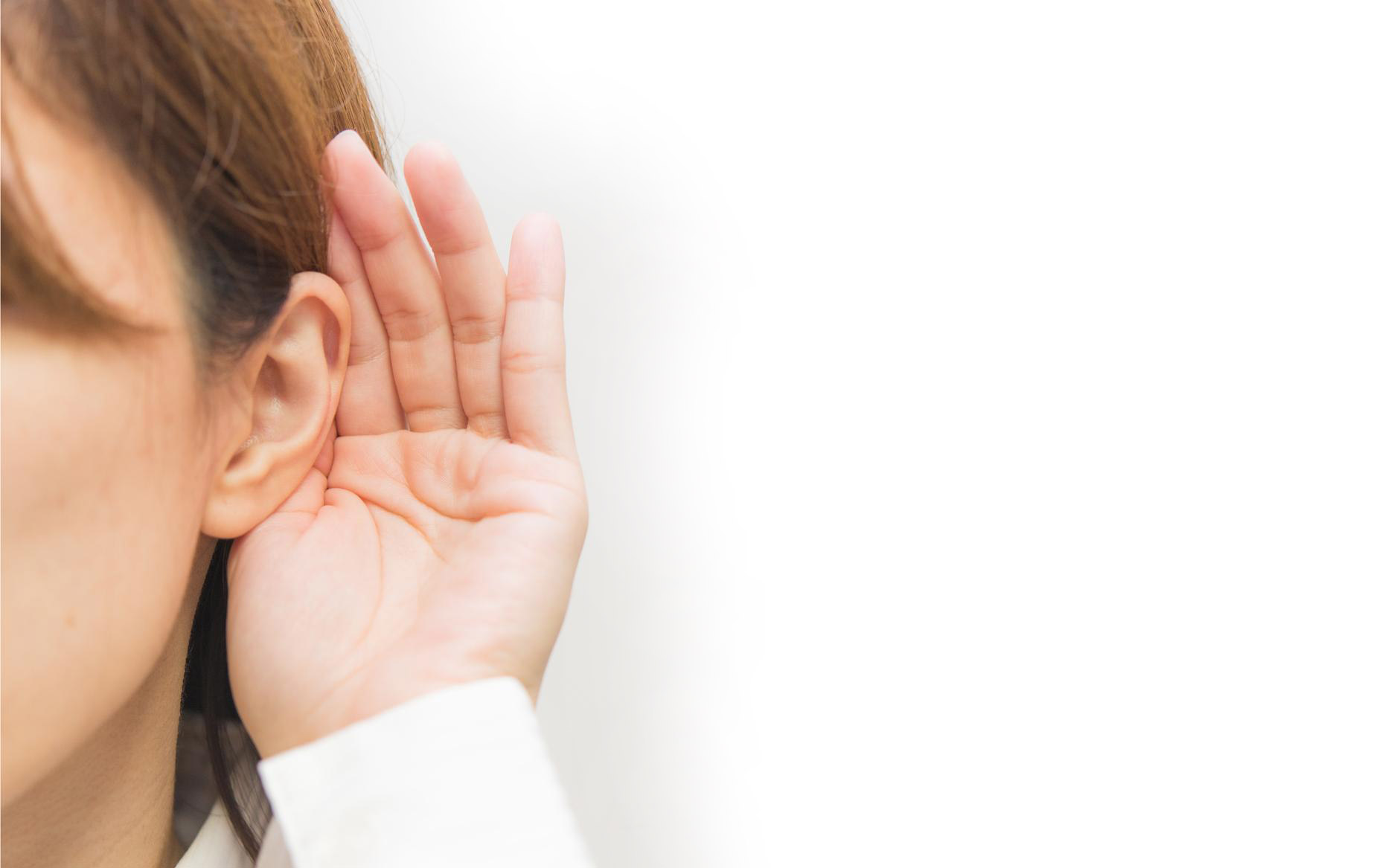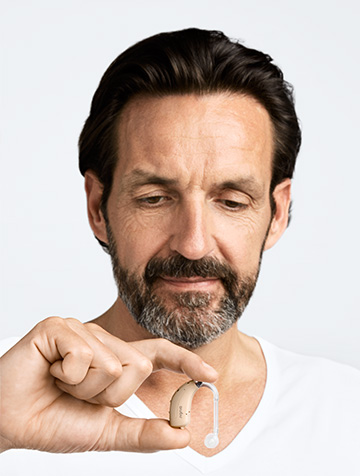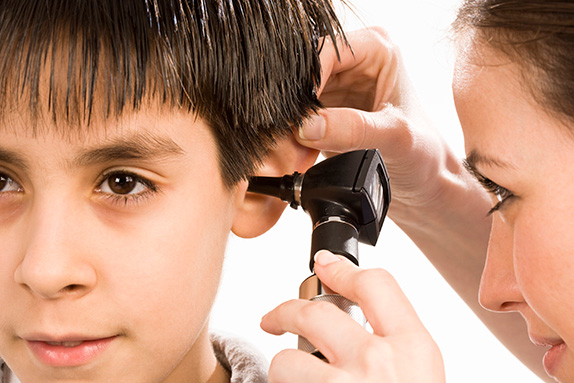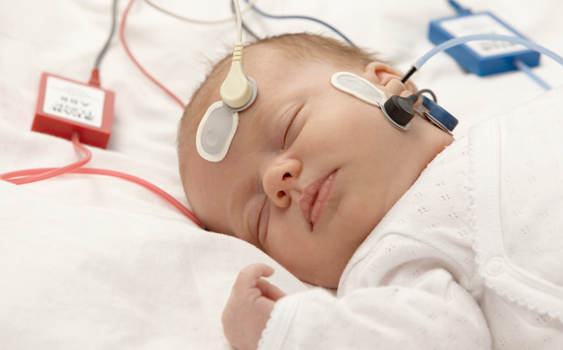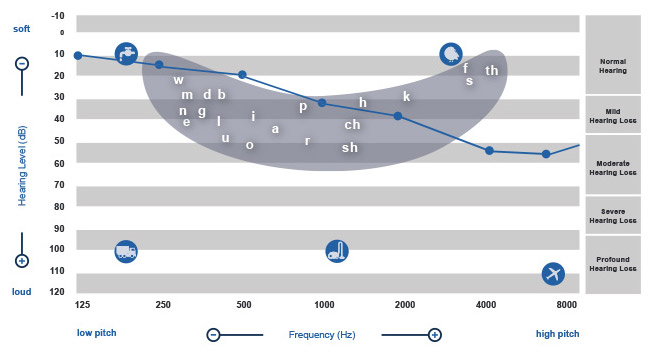General information about hearing tests (audiometry)
Before an audiologist can perform a hearing test, an ENT (ear, nose and throat specialist) should examine your ear canals for any sort of obstruction such as earwax (cerumen). If you arrive to the specialist's office for a hearing evaluation with your ears clogged, you may be asked to see an ENT to have the obstruction removed. This will ensure accurate test results and a proper diagnosis. Therefore, it is important that you prepare for your hearing test by first consulting an ENT. Once your ear canals are ready for examination, your hearing care professional will perform either a subjective hearing test, an objective hearing test, or combination of the two. All of these tests fall under the umbrella of audiometry exams, which are useful in diagnosing conductive, sensorineural, or mixed hearing loss. Most of the tests will require you to sit in a quiet, soundproof room, with headphones or earphones placed over or in your ears. The headphones/earphones are connected to an audiometer, allowing the specialist to transmit sounds to your ears and record your responses on an audiogram.


